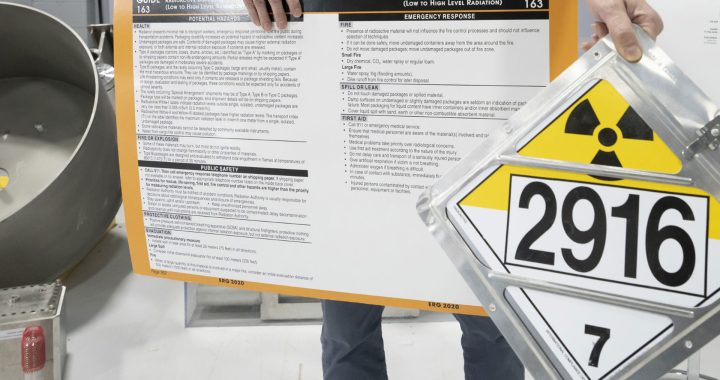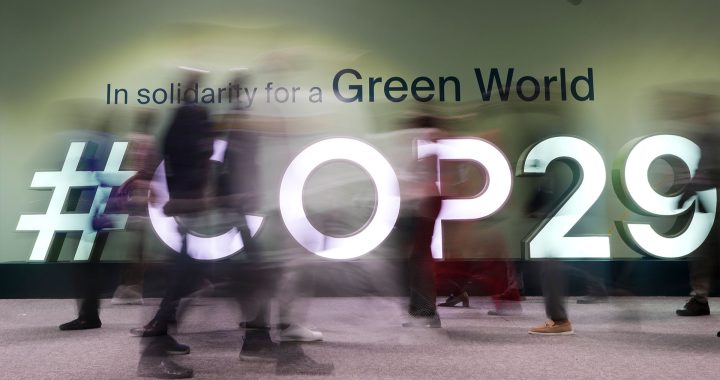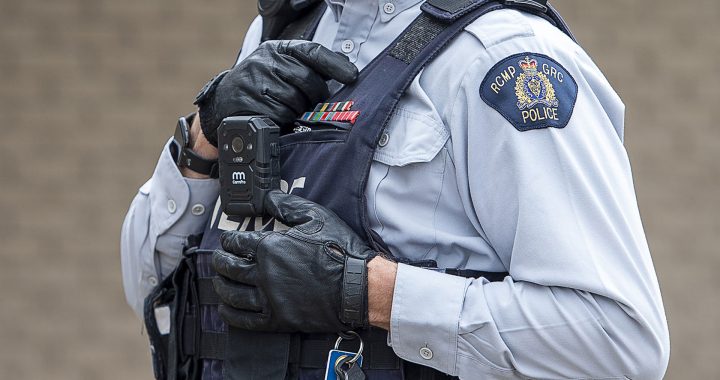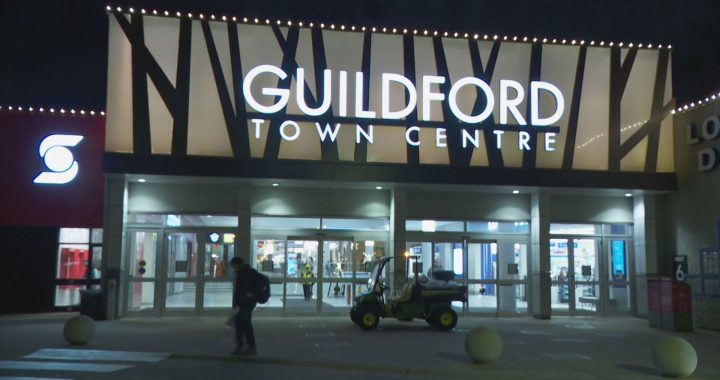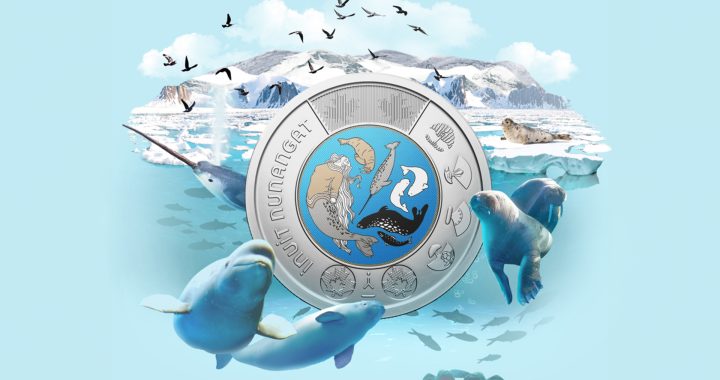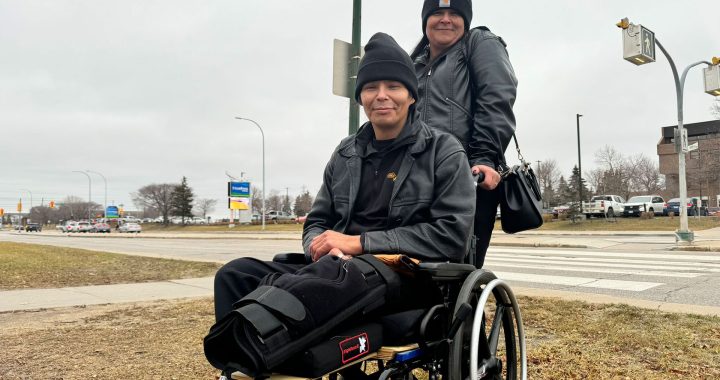The Yukon government has launched a new five-member council in an effort to bolster Arctic security in the territory.
The Arctic Security Advisory Council is mandated to study risks across the Yukon security landscape, determine what assets and infrastructure require additional protection, and identify opportunities for the territory to work with the federal government to enhance security across the region.
Premier Ranj Pillai explained the need for the council during a Jan. 4 press conference.
“A secure North is essential for the strength and security of Canada as a whole,” he told reporters.
“[The council’s mandate is] quite comprehensive, and it includes what are the risks that we need to consider, what needs protection in the Yukon, and what opportunities exist for our government to work with the government of Canada for stronger security in the territory.”
Arctic sovereignty
The council, which was formed in November, is composed of experts in the fields of Arctic sovereignty, the military and related areas.
Pillai said the council has been provided with a $100,000 budget and tasked with developing a report on its findings. A draft report is expected later this year.
Council chair Ken Coates, a historian and director of Indigenous Affairs at the Macdonald-Laurier Institute and chair of Yukon University’s Indigenous governance program, also spoke on the territory’s vulnerability to threats.
He said while the territory is safe, there have been global threats in recent years, such as Russia’s invasion of Ukraine.
“Do I feel safe in the Yukon today? Absolutely,” Coates said. “Do I feel safe in Canada today? Yeah. But less than three years ago. Will I feel safe in Canada 20 years from now? If we do the same things, not so much.”
Securing defence
Coates added: “The problem with securing defence is securing defence isn’t about today. It’s not about how you’re feeling today. It’s about how you have to prepare for 15, 20 and 30 years down the line.”
Coates said the council will be tackling the issue of Arctic security through a 21st century lens.
“Security used to be about military and radar and very, very traditional military considerations,” he said.
“Now, it’s [about] strategic minerals and it’s about cyber security and it’s about protecting infrastructure, and a whole range of things that were sort of lower down on the list of priorities years ago.”
Pillai said Arctic security became a serious concern for First Nations in February 2023 when the North American Aerospace Defense Command [NORAD] shot down an unidentified aerial object in north-central Yukon.
The object, which has never been discovered, is believed to have landed somewhere in an area between the Yukon communities of Mayo and Dawson City, roughly 400 km north of Whitehorse. Those communities are home to Na-Cho Nyäk Dun and Trʼondëk Hwëchʼin First Nations.
Spy balloons
The unidentified aerial object was one of a handful shot down over North America last year. The U.S. military identified the objects as suspected Chinese spy balloons.
Pillai said looking back, there were opportunities where communication between the federal government and First Nations could have been better.
“What I’ve heard is there is great concern, especially coming out of last February, there was a lot of anxiety in communities,” he said. “There was a real interest in having more information shared.”
The council will aim to work with First Nations and share information with them, the premier added.
“We have voiced back to the federal government [that] we think there’s some real ways that we can help make sure that Yukoners are properly informed when a situation occurs.”
Defence and security
Both Pillai and Coates said when it comes to matters of defence and security, Yukon is lagging behind.
Pillai described how all three northern territories are often left out when it comes to federal involvement and spending.
He recalled during a federal meeting last year how all three northern premiers received a security plan that he described as “the same information that you would pick up as a journalist off the Department of Defence website.”
He said another “glaring omission” was a lack of funding for infrastructure from the federal government when it came to the North and NORAD programming.
“Out of the $40 billion that’s been announced in Canada [in November 2023], not one dollar had been identified to come to the Yukon as one of the three territories in the Arctic,” he said.
Three territories
“We really felt that there needed to be a more thorough conversation between Canada and the three territories.”
Pillai is hopeful the council will help bridge a gap between the territory and the federal government.
“Our government believes that it’s crucial that the federal government thoughtfully plan for investment in defence and security assets in consultation with northern governments,” he said.
Coates said infrastructure in the territory’s rural communities is another weak point and not up to national standards.
“The internet is faster now than it was a little while ago. The road system’s actually pretty good. [The] airfields – a little bit here and there. [But the] electrical systems [are] not as reliable, so we’re not there on the communities’ ability to be part of this whole process. I hope we get there soon,” he said.
Canadian Rangers
While there are areas to be improved, Coates said the territory has several “strategic resources” that can be used for its benefit.
He pointed to the territory’s use of the Canadian Rangers, which often know the lay of the land better than anyone else.
“They’re community based. They’ve got eyes on the land… they’re out there hunting, they’re out there fishing, they’re travelling around. They’re keeping an eye on Canada for us in a major way,” he said.
He said another advantage is the high number of educated people living in the territory.
“Whitehorse (has) one of the highest average levels of education of any community in the country,” he said.
“All the expertise is here. It’s never been really brought together in a way that would serve Canada as a whole.”
Pillai noted he’s since written to federal officials in the hopes of bringing military training opportunities to the territory.




